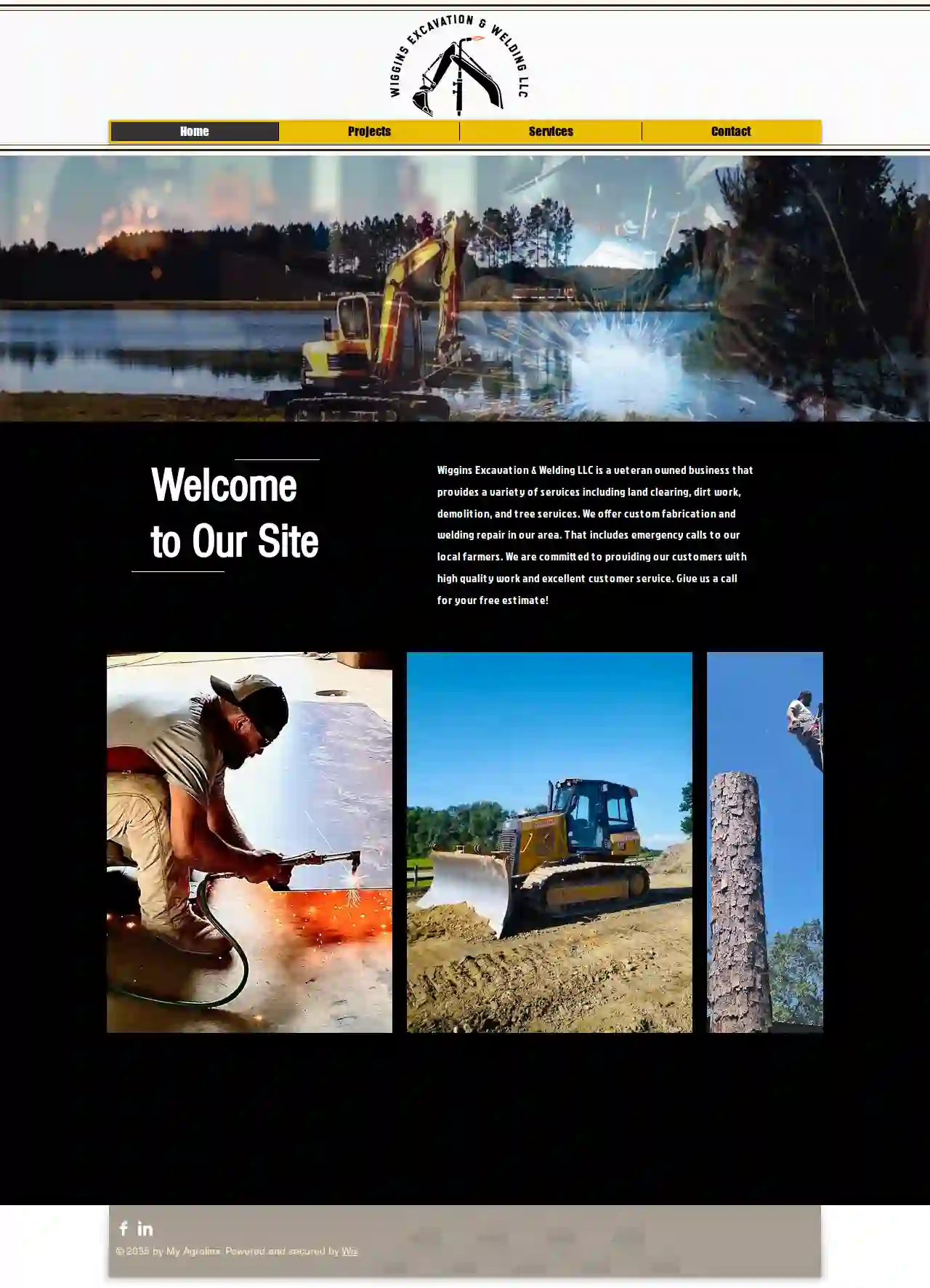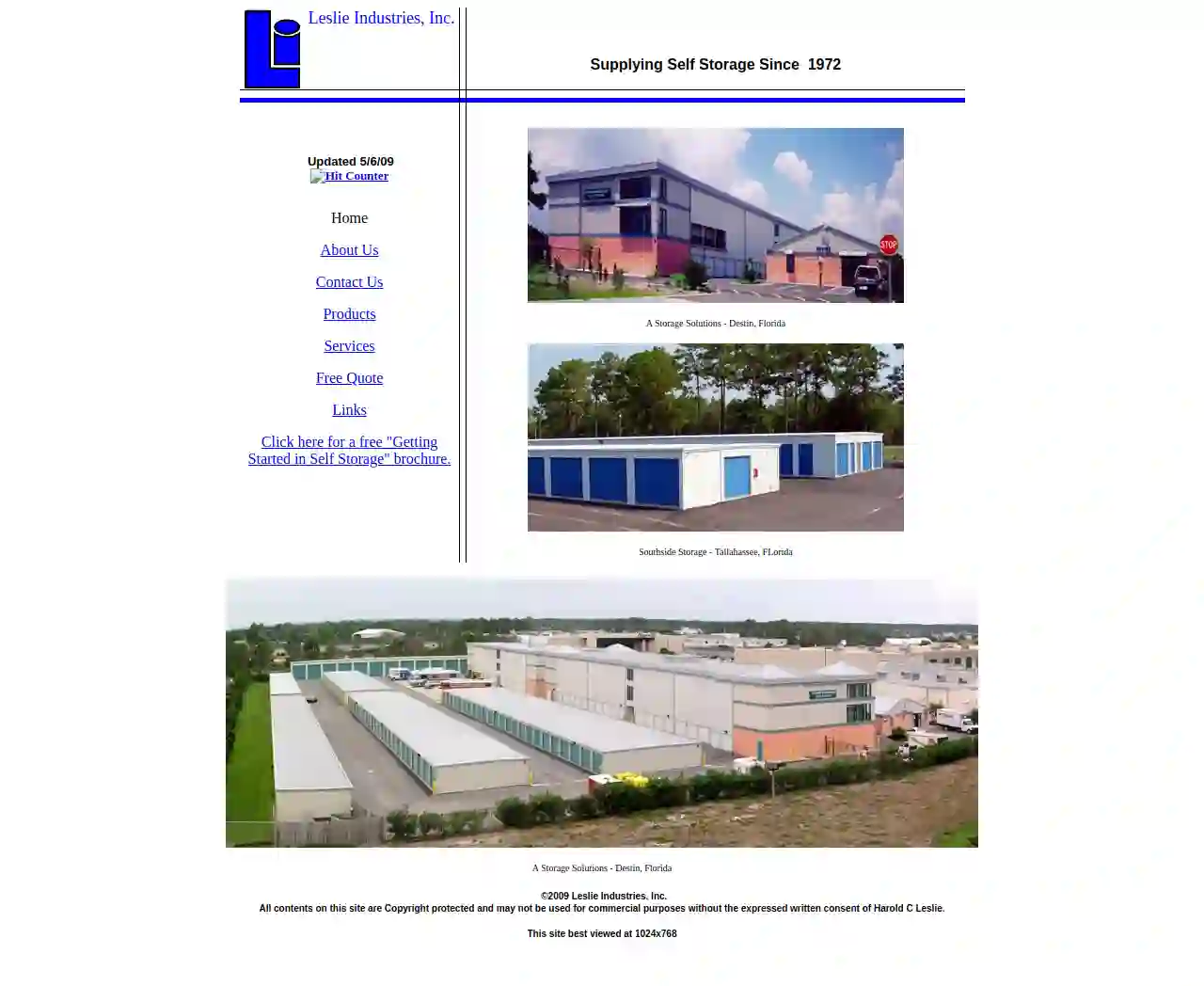Demolition Contractors Ojus
Top Demolition Services in Ojus
Get 3 FREE Demolition Companies quotes for your project today! Compare profiles, reviews, accreditations, portfolio, etc... and choose the best deal.

HHH Construction of NWF, Inc
51 reviews8190 Belle Pines Lane, Pensacola, 32526, USHHH Construction: Your Trusted Partner for Construction Services in Northwest Florida HHH Construction is a reputable and experienced construction company serving Northwest Florida. We specialize in a wide range of services, from site preparation and land clearing to drainage and environmental restoration. Our team of skilled professionals is dedicated to providing high-quality workmanship and exceptional customer service. We understand that every project is unique, and we work closely with our clients to ensure their vision is realized. Our commitment to safety, efficiency, and environmental responsibility sets us apart as a leader in the industry. Whether you're a homeowner, business owner, or government agency, HHH Construction is your one-stop shop for all your construction needs. Contact us today for a free consultation and let us help you bring your project to life.
- Services
- Why Us?
- Gallery
Get Quote- Gu
Gulf States Enterprises, Inc.
534 reviewsPensacola, US- Services
- Why Us?
- Gallery
Get Quote 
Evergreen Grading
512 reviews6807 Visitors Cir suite A, Orlando, 32819, USWelcome to Evergreen Grading, Land Grading experts Get A Free Quote Today WELCOME TO EVERGREEN GRADING Evergreen Grading growth has prompted us into large bulk excavations, professional construction, and large scale demolition. Having a devotion to providing exceptional quality service into every job establishes us as the best grading and excavation company in Orlando. With our machinery vehicles, every job is able to be executed with the highest quality, timeframe, and skill. Drawing over years of varied and in-depth industry experience demolishing and cleaning domestic and commercial sites. We deliver personalized services at very competitive prices. Working within your set budget, timeframes, and location. Sure, the services we offer takes grit and grunt, but it also demands expertise and technical experience. That’s why Evergreen Grading has always taken it seriously – training and building an experienced team of professionals you can trust, shaping our systems and facilities and assembling some of the best equipment in the land to reflect our safe eco-friendly approach. We thrive on challenging and complex projects. We have delivered hundreds of client-pleasing projects across Orlando and its surroundings by providing solutions that work and delivering the people power and equipment to see them through.
- Services
- Why Us?
- Gallery
Get Quote
Roto-Rooter Plumbing & Drain Services
4194 reviewsSarasota, USYour Local Roto-Rooter Plumber in Sarasota, FL At Roto-Rooter, our plumbers in Sarasota provide full-service residential and commercial plumbing maintenance and repairs. Available 24 hours a day, seven days a week, 365 days a year, our team of experts make finding the services you need, when you need them, simple. Trusted and recommended since 1935, Roto-Rooter provides plumbing in Sarasota, FL, by a team of experts who are trained to the highest industry standards. Plus, because we stand by our estimates and guarantee our work, you can count on us to solve your plumbing problem – and keep your budget intact. Prevent a Flood in Your Basement Sarasota is located on a flat peninsula on the Gulf Coast, so there is the threat of flooding every time it rains. By offering sump pump repair, our Roto-Rooter plumbers can help provide your home with a measure of protection against heavy rains that flood the high water table. Along with sump pump installation, your plumber can also show you how to test your pump and provide on-going maintenance.
- Services
- Why Us?
- Testimonials
- Gallery
Get Quote
Wiggins Excavation & Welding LLC
54 reviewsPensacola, USWiggins Excavation & Welding LLC is a veteran owned business that provides a variety of services including land clearing, dirt work, demolition, and tree services. We offer custom fabrication and welding repair in our area. That includes emergency calls to our local farmers. We are committed to providing our customers with high quality work and excellent customer service. Give us a call for your free estimate!
- Services
- Why Us?
- Gallery
Get Quote
Js Brick Corporation
581 reviewsSarasota, USJSBrick Corporation: Your Trusted Paver Experts in Sarasota JSBrick has been serving Sarasota with exceptional brick and paver installation and maintenance services since 2000. Our commitment to quality products, outstanding service, and unparalleled customer care has been our hallmark from the very beginning. We are dedicated to providing our customers with a high level of professionalism throughout their experience with JS Brick Corporation. All our services are designed to make your life easier and stress-free. We go the extra mile to deliver truly exceptional service to each of our valued customers. We understand that your needs can change unexpectedly, and we are ready to adapt our services quickly to ensure your complete satisfaction. Don't just take our word for it! See what our satisfied customers have to say about our work.
- Services
- Why Us?
- Testimonials
- Gallery
Get Quote
Welt Demolition
511 reviews1316 E Moreno St, Pensacola, 32503, USLocally Owned and Operated Established in Pensacola, Florida, Welt Demolition is locally owned by son/father duo Chris and Jimmy Welt. With specific licenses, purposefully curated machinery, and 8 years experience in the industry, we continuously deliver exceptional and efficient service to Northwest Florida. Welt Demolition has an extensive portfolio including, but not limited to, commercial, residential, pool and concrete demolition. Call us now for a free quote, and head to our services page for more information. We are more than happy to answer any questions you may have.
- Services
- Why Us?
- Testimonials
- Gallery
Get Quote
Things & Stuff LLC Tractor Excavation Land Clearing and Forestry Mulching
532 reviews2506 Timbercreek Loop E., Lakeland, 33805, USAbout Things & Stuff LLC A Lakeland, Florida native, I've been self-employed since I was about 12 years old. I started with my own neighborhood lawn business, then expanded to pallet wall and furniture building. Eventually, I moved into home repairs and rehabs. But after purchasing my first tractor, there was no turning back. I established my own LLC for my tractor, skid steer, and excavation company, becoming fully licensed and insured. I continue to add equipment to make my services more affordable (by avoiding rental costs). Recently, I've added dumpster rental and demo to my services, launching Junk That Stuff as a new division. I'm committed to continuous learning and growth in my business, ensuring I'm better equipped to serve you, my valued customer. Things & Stuff is my passion, and honesty and reliability are the cornerstones of my company. I've been working with earth moving machinery for a significant amount of time. From a young age, I've honed my skills to meet the diverse needs of my clients. As a small business, I've experienced steady growth while maintaining a personal touch, providing my customers with the attention they deserve and expect. Customer satisfaction is my top priority, and my goal is to build lasting relationships with repeat customers. "~Things & Stuff, owned and operated by Jonathan Edwards"
- Services
- Why Us?
- Our Team
- Gallery
Get Quote
Superior Construction Group
Port St. Lucie, USWho We Are Building Better Together: Experience Excellence with Superior Construction Group Welcome to Superior Construction Group, where excellence meets experience. With 20 years of combined experience, we are a commercial and residential construction leader that strives to provide professional and courteous service to all our clients. Our mission is to offer an organized and value-added experience that prioritizes people over projects and builds lasting relationships with individuals and companies. At Superior Construction Group, we put people at the heart of everything we do. We value transparency with our clients, foster strong relationships with our partners, promote collaboration between our departments, and cultivate an ownership culture where everyone has a voice. Our motto is "Building Better Together," which is precisely what we aim to achieve with every project. Our customized construction services are tailored to meet each client's unique project, budget, and needs. As a general commercial contractor, we offer a complete range of construction services, but we are also available for select residential projects. We understand that clear communication is critical to building success in every project, and we prioritize this by emphasizing communication between our clients, the project team, and our subcontractors. With decades of experience guiding us, we listen to concerns and offer solutions, ensuring the timely completion of every project we undertake.Let us help you turn your vision into reality. Contact Superior Construction Group today to experience the difference between working with a construction company that values integrity, quality, and people. Mike Hogan - CEO & Founder
- Services
- Why Us?
- Our Team
- Gallery
Get Quote
Leslie Industries
Leslie Industries, Inc., PO Box 13405, Tallahassee, 32317, USAbout Leslie Industries, Inc. Harold Leslie, a pioneer in the self storage industry, has been involved for over 34 years. He was a charter member of the SSA and played a key role in its early development while serving as EVP of Piper Industries. During his time at Piper, he spearheaded the development of the standing seam steel roof concept, which is now the industry standard. For the past three decades, Harold has been the President of Leslie Industries, Inc., a design, engineering, and manufacturing firm. Their first self storage project was designed and built in 1978. Since the company's inception, over 52 million square feet of self storage projects have been completed under Harold's leadership. He remains actively involved in every building project the company undertakes. Harold's influence extends beyond the United States. He served as Chairman of Leslie Storage Ltd. in Daventry, England, a joint venture with Ayshire Metal Products, PLC, Irvine Scotland, one of the largest suppliers of cold roll steel products in Europe. The group was also involved in designing and building self storage projects using cold formed steel construction. Harold has held senior management positions in three New York Stock Exchange companies and currently serves on the boards of two non-industry companies. He has been an editorial advisor for the two primary industry publications and served on the board of MiniCo., a supplier of insurance, a publisher, and a provider of products to the self storage industry. He previously served as the Southeastern Regional Director of the SSA. Harold Leslie prioritizes philanthropy and has been actively involved in hurricane relief efforts throughout Florida. Recognizing his good fortune, he has sponsored underprivileged children in five countries through the Christian Foundation For Children And Aging. Harold has not only built millions of square feet of storage facilities but has also built a personal reputation that is second to none. He is a true gentleman who is a pleasure to be around, whether it be professionally or personally.
- Services
- Why Us?
- Our Team
- Gallery
Get Quote
Over 22,076+ Excavation Pros in our network
Our excavation contractors operate in Ojus & surroundings!
ExcavationHQ has curated and vetted Top Excavation Contractors in and around Ojus. Find the most reliable contractor today.
Frequently Asked Questions About Demolition Contractors
- Recycling: Concrete, brick, metal, and wood can be recycled and reused in other construction projects, reducing waste sent to landfills.
- Landfill Disposal: Non-recyclable materials are disposed of in designated landfills according to local regulations.
- Donation: Some materials, such as fixtures or appliances, may be suitable for donation to charitable organizations.
What happens to the debris after demolition?
Can I do demolition myself?
What is a demolition bond?
How do I find demolition contractors near me?
What happens to the debris after demolition?
- Recycling: Concrete, brick, metal, and wood can be recycled and reused in other construction projects, reducing waste sent to landfills.
- Landfill Disposal: Non-recyclable materials are disposed of in designated landfills according to local regulations.
- Donation: Some materials, such as fixtures or appliances, may be suitable for donation to charitable organizations.